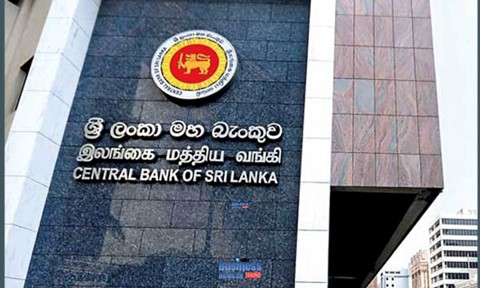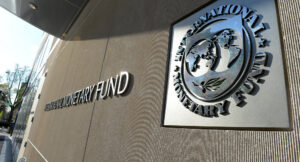IMF warns Sri Lanka on potential risks to financial sector stability
2 min read
The International Monetary Fund (IMF) cautioned the Central Bank of Sri Lanka (CBSL) that the debt overhang and the persistent fiscal and BoP financing shortfalls pose significant financial stability risks.
“Banks’ large exposure to the government and SOEs strengthens the sovereign-bank nexus. Continued large borrowing needs of the public sector would constrain banks’ lending to the private sector and thereby weigh on growth,” IMF said in the latest report on Sri Lanka.
Central government debt stood at 101.2 percent of GDP at the end-2020, of which three-fifths were owed to domestic creditors, including the CBSL. Commercial banks held 25 percent of central government debt.
At the end-September 2021, central government debt rose to 104 percent of GDP, and the domestic share increased further to 62 percent. Since end-2019, external debt declined in the nominal term, as foreign investors left the domestic securities market and sold some ISB holdings to residents.
Sovereign rating downgrades have constrained the country’s banks’ access to external financing and import credit, amplifying FX shortages, although, banks’ exposure to exchange rate risks is mitigated by their minimal net open FX positions as required by regulations and their relatively tight FX lending standards.
Hence, IMF stressed that a credible and coherent macroeconomic strategy is indispensable for preserving confidence in financial sector stability, supported by continued vigilance.
“It would be important to broaden the CBSL’s regulatory powers and upgrade the resolution framework by setting up a special resolution regime for financial institutions, expanding resolution tools, improving deposit insurance, and enhancing emergency liquidity assistance. The finalization and adoption of the new Banking Act should help achieve these goals. The regulatory and supervisory requirements for banks and
nonbank deposit-taking financial institutions should be harmonized. Although larger and more sophisticated financial institutions should be subject to tighter regulatory and supervisory requirements, it is important to ensure a level-playing field for banks and LFCs, which conduct essentially the same banking operations.” IMF recommended.



